The series The Last Movie Stars is a six-episode documentary portrait of one of the most charismatic actor and actress couples in the history of cinema, that of Paul Newman and Joanne Woodward. Golden Hollywood hosted romances that went beyond the bedroom and marriages that collaborated on screen, such as that of Vivien Leigh and Lawrence Olivier, which lasted twenty years and left us with three films, and was immortalized in the documentary Larry and Vivien: The Oliviers in Love (2001); eleven times Elizabeth Taylor and Richard Burton filmed together, after their two marriages, which were the subject of the biopic Burton & Taylor (2013), played by Helena Bonham-Carter and Dominic West; and nine times Spencer Tracy and Katherine Hepburn shared the screen, throughout their 26-year extramarital relationship… But no one reached the pinnacle of marital bliss and professional success quite like Paul and Joanne.
However, what makes the series directed by Ethan Hawke for HBO Max interesting is not only the obvious attraction of its protagonists but also the approach from which its author starts. Without ever concealing his devotion to the couple, especially to Paul Newman, with the fawning candour and loyalty of a fan, the director, who also produces with Martin Scorsese, pays tribute to the couple of actors who were married for 50 years, after five years of relationship and having just obtained the actor’s divorce from his first wife, and who went on to shoot 16 films together. And it is that same devotion that covers their project with a mantle of enthusiasm that may also interfere in some way with the success of the enterprise.
The genesis of the series stems from Hawke’s relationship with the Newmans’ youngest daughter, Clea, with whom he went to high school, and who asked him to collaborate in the making of a documentary. The basis would consist of transcripts of conversations that, with a view to his autobiography, the Hud star and some of his acquaintances had had between 1986 and 1991 with Stewart Stern. The screenwriter of Rebel Without a Cause (1955) and Rachel, Rachel (1968) had already published No Tricks in My Pocket: Paul Newman Directs, a book about Paul Newman’s side as a director, during the filming of The Glass Menagerie, and there is no doubt that the bonfire lit by the actor with the numerous tapes they had recorded, when he gave up his project, deprived us of a good book about his career and his personal life.
Enthusiastic about the proposal, Ethan Hawke attacks the project in full pandemic mode, and makes a series of decisions that are not always in the best interests of his series. First, he includes multiple and repeated conversations via Zoom with his friends and collaborators from the same generational arc (except Scorsese), who revere the protagonists. However, the informality and spontaneity, lack of production and changes throughout the filming, rather than bringing freshness, conflict with the whole and appear wildly outdated in that sense, two years later. The weight and disruptive capacity of the telematic meetings – the same ones we were forced to attend during the confinement – with their pauses, lack of synchronization, and the very diverse interest of the testimonies provided (many pure fandoms) does not add to the supposed spontaneity and notion of legacy that is intended, but rather unbalances, produces an anti-climax and dents the content which basically consists of a succession of photographs and fragments of films of the performers. Over these, we hear the voice-over of actors playing the people who contributed to Newman and Stern’s aborted project, illustrating both trajectories with their first-hand testimonies.
Thus, Laura Linney plays Woodward (whom she mentored), George Clooney the actor, Brooks Ashmanskas Gore Vidal, Bobby Cannavale Elia Kazan, Oscar Issac Sydney Pollack…, in a large cast whose polyphony enhances the vision of the couple, their careers and the intimacy of their relationship. Unfortunately, this is another unfortunate choice, since the voices of the interviewees are superimposed on the dialogue of the films, so that we must choose between listening to one or the other, leaving the film in the background and turning a deaf ear to what the fictional characters say to each other, or concentrating on the voice of Alessandro Nivola bringing Robert Redford‘s words to life. In this sense, I must confess that the attraction of the clips and their interpretations, on more than one occasion, made me miss the statements.
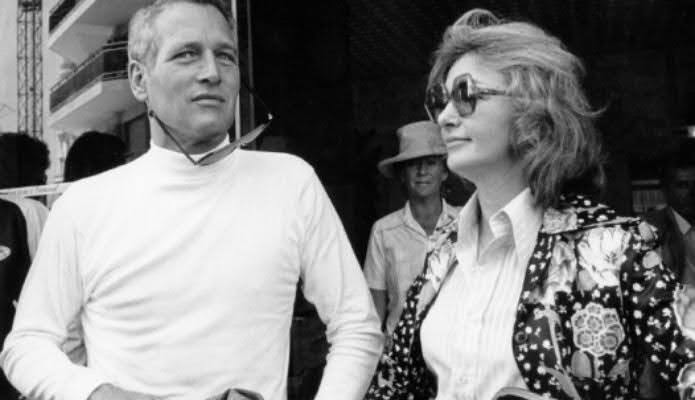
One of the attractions of The Last Hollywood Stars is the family intimacies of the Hollywood couple most often asked about their secret to eternal romance. In this regard, we are not spared a flashback to their respective backgrounds and Woodward’s tremendous determination to keep his family together, including the three children from Newman’s first marriage, whose famous line Why would I eat hamburger out when I have a sirloin steak at home? we discover that couldn’t irritate more his wife, no matter how much patience she showed. Hawke dwells less on the infidelity than on the alcoholism, a good decision, given that the latter is more significant and interesting in Paul’s personal evolution, who will focus in his maturity —and after the overdose death of his son Scott— on introspective and successful work, encouraged to attend therapy by one of his daughters, and of which his grandchildren benefited.
The excellent biography by Shawn Levy, Paul Newman: A Life (Random House, 2009), depicted a less idolized, more carnal and less monolithic Newman, capable of both the most obnoxious and heavy jokes —of which Robert Altman and Robert Redford, among others, were victims—, epic professional rivalries such as the one he had with Steve McQueen and historic screw-ups due to his lack of tact, but also of the most supportive and discreet initiatives, typical of a progressive of mind and heart. Of course, Ethan Hawke and Clea Newman edited the transcripts and chose what they wanted to show, which is plentiful, valuable and respectful, polyphonic and a unique document of the careers in and out of the home of the protagonists, while still being the version they chose to show.
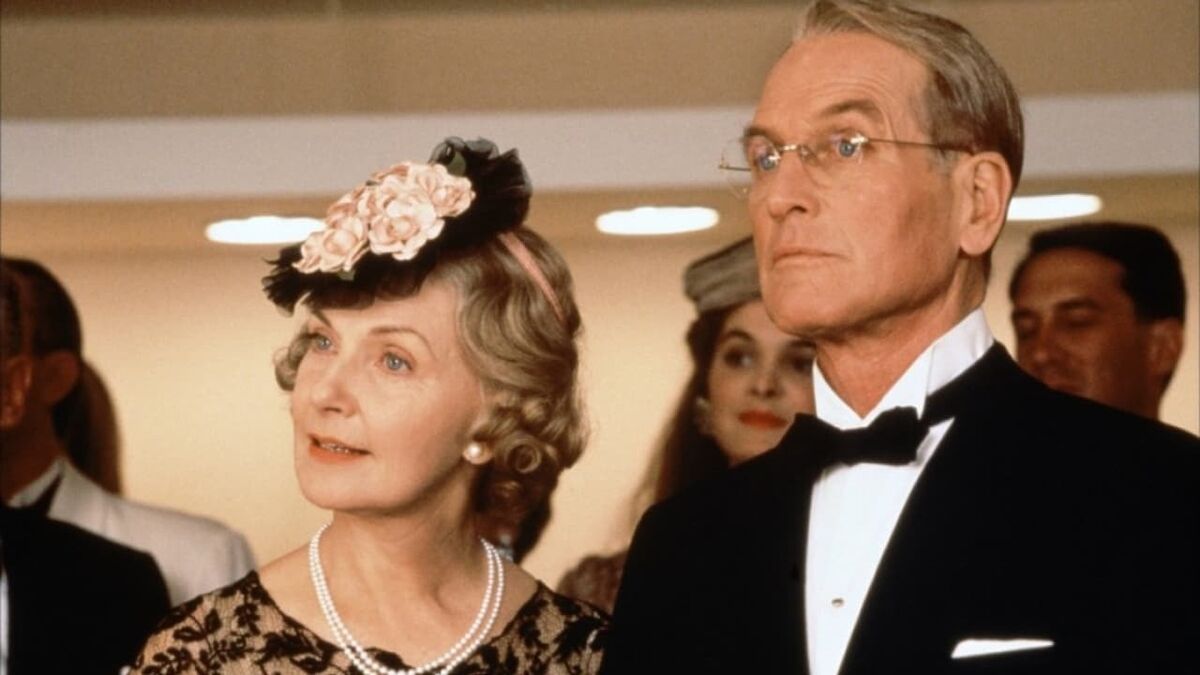
The professional review, and in particular, the slowing down of Woodward’s career, an excellent actress, generous mentor of actors and passionate about acting beyond red carpets and illuminated signs on marquees, who continued to work in television until the end, as well as the references to her political commitment and Newman’s thought, are brilliant, and a legitimate and well-deserved tribute. And finally, the last criticism of the series is the irritating tendency of some exegetes to mistake the character for the performer. In this sense, Hawke uses to exhaustion images from the filmography of both to illustrate episodes of their private lives, youth, conflicts, which, if that were not enough, is a flagrant contradiction to the principles of the method, in terms of identification with the character.
The Last Hollywood Stars, the first episode of which premiered at the SXSW Film Festival in March 2022, is available on HBO Max.

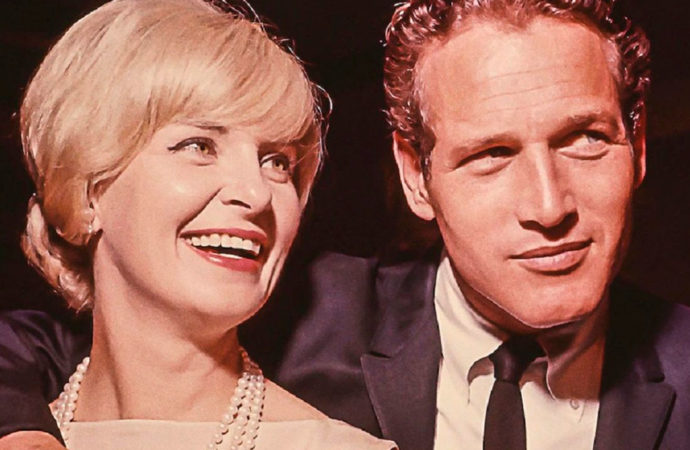

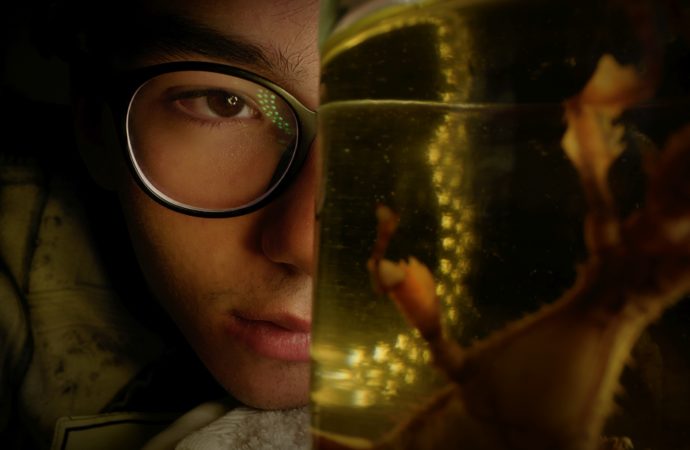
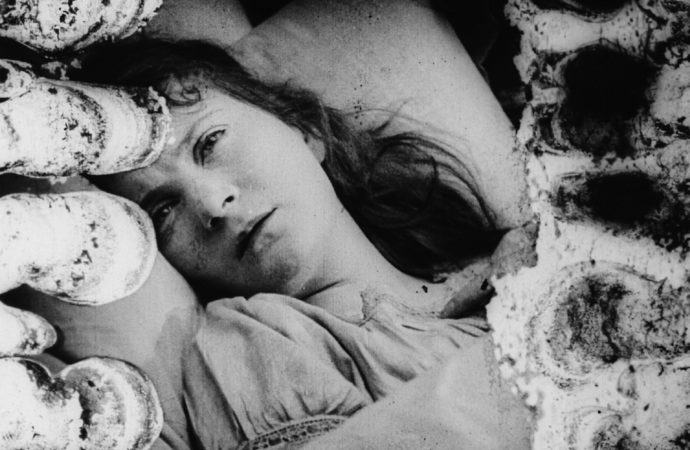
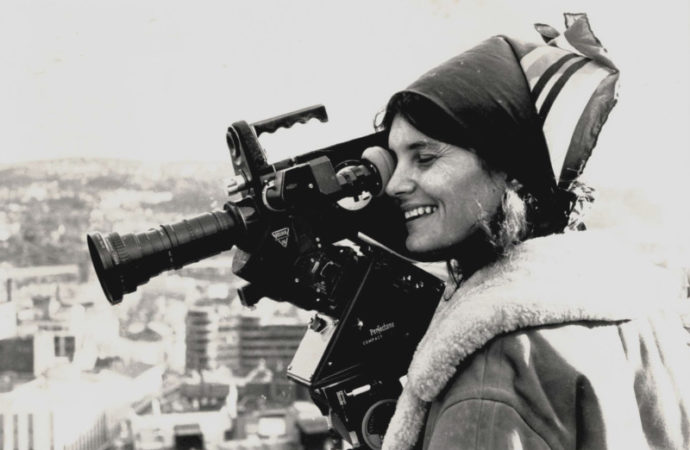
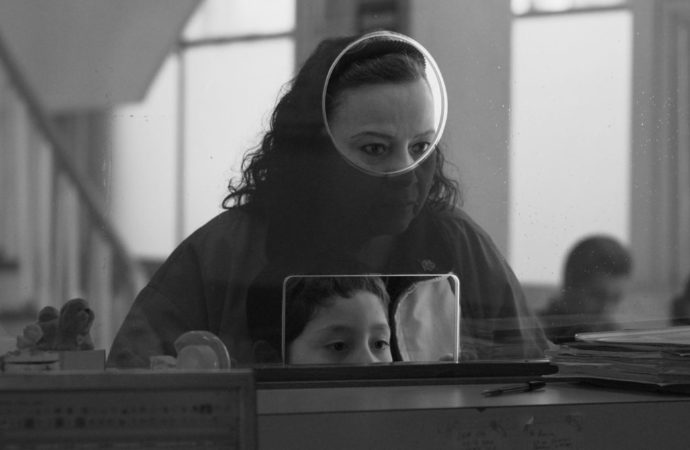
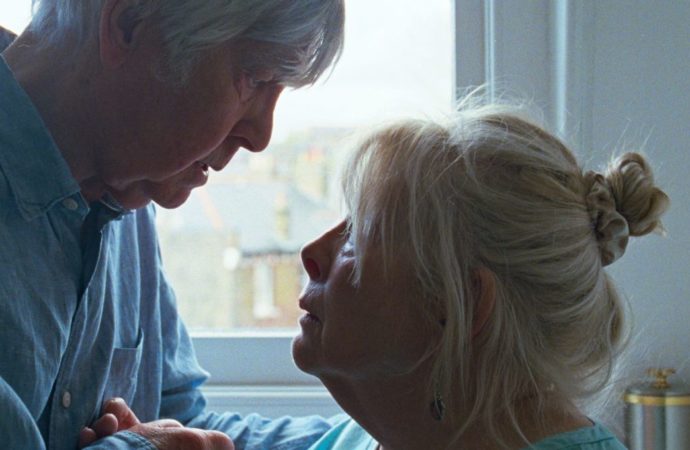
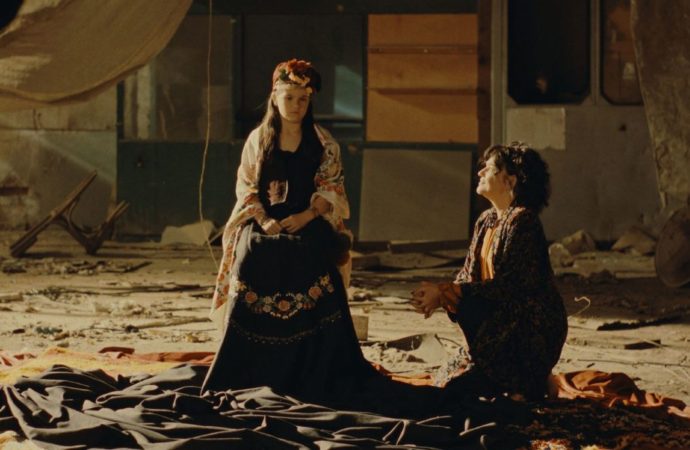
No one has posted any comments yet. Be the first person!